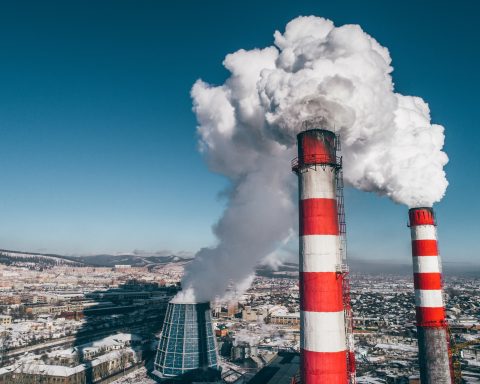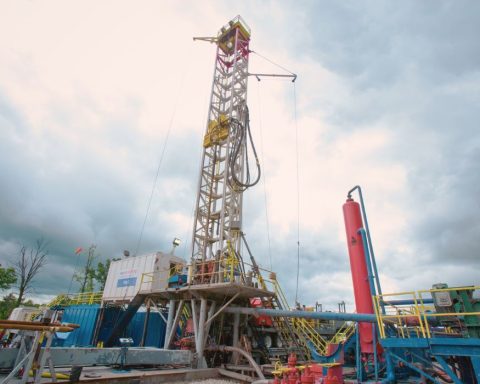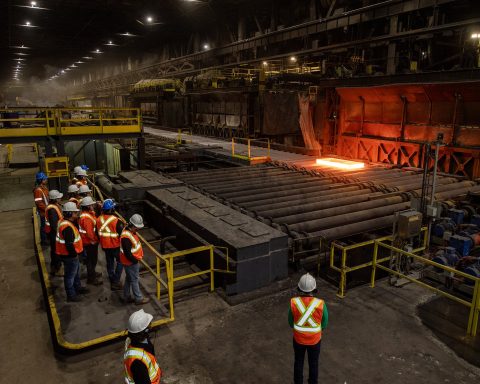1. Subsidize what you want
The new coalition government in Germany has resolved to put 15 million electric vehicles (EVs) on roads by 2030 – a considerable increase from the 540,000 purely electric cars on the road today – and to install one million more charging stations. It is using pandemic recovery funds to encourage the transition. In 2020, the government announced a €5-billion pandemic stimulus package to help the automotive industry transition to EVs. It consists of €1 billion for rebates on EV purchases, €1 billion for the replacement of older trucks, €1 billion to support technology investments by suppliers and €2 billion to help them adapt their production.
2. Penalize what you don’t want
Germany hasn’t been a leader in phasing out combustion vehicles by a particular date, relying instead on incremental measures. In January 2021, the government raised the motor vehicle tax (or Kraftfahrzeugsteuer) – an annual tax paid by vehicle owners and calculated on the basis of their vehicles’ engine size and emissions value. Owners of EVs will be exempt from this tax for 10 years, saving them an average of €194 per year. Owners of large (non-electric) SUVs will now be paying upward of €700 annually. Meanwhile, municipalities across Germany are limiting high-emission vehicles’ access to some urban zones and charging them more for parking.
3. Invest in especially hard-hit regions
As governments work to wean their countries off fossil fuels, they’ll need to make sure that marginalized communities and workers aren’t left behind. In 2020, the German government passed a “structural revitalization law,” allocating €40 billion to the country’s coal-producing regions, of which Lusatia is one. These funds, managed between federal and local governments, are being invested in transportation infrastructure, education and training, and employment-generating projects. In the last two years, the government has opened offices of two federal agencies in Lusatia – the Federal Office for Economic Affairs and Export Control and the German Pension Office – to create jobs.
4. Engage with those regions
According to Thomas Froehlich, a political scientist based at King’s College, London, public consultation is key to public acceptance. Froehlich, who has been comparing the transitions of the coal regions of Appalachia (U.S.) and Lusatia (Germany), says that given the severe impact of coal mining on local communities – villages were frequently demolished and relocated to make way for new pits – the German coal industry has a tradition of engaging with the public to gain acceptance. Froehlich feels this culture of consultation is facilitating the current transition and contrasts it with a less collective, more “winner takes all” approach in the U.S.
5. Encourage, train and compensate
It’s one thing for federal governments to sign off on massive recovery packages; it’s another to ensure that those funds are accessible to individuals and municipalities. Furthermore, investors in transitional regions are looking for a trained local workforce. Germany’s dual education system, which pairs post-secondary institutions with the private sector, is helpful in this respect. Companies like Rock Tech Lithium are tapping into – and helping train – local youth. Lastly, those who have little chance of re-entering the workforce must not be left in the dust. The German government is providing people aged 58 and over who have lost jobs in the coal industry with up to five years of compensation (equivalent to their previous earnings) to bridge them into their pensions.
Naomi Buck is a Toronto-based writer.







